Stanford Researchers Crack Brain Code with AI-Generated Synthetic Data Breakthrough
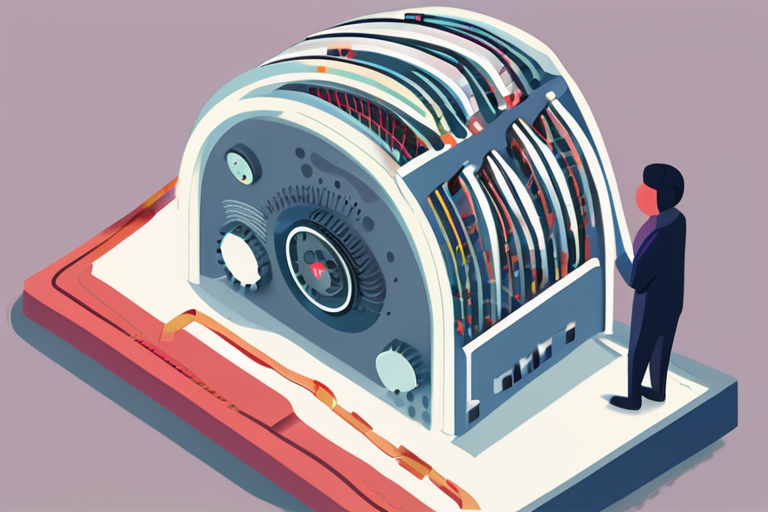

Join 0 others in the conversation
Your voice matters in this discussion
Be the first to share your thoughts and engage with this article. Your perspective matters!
Discover articles from our community
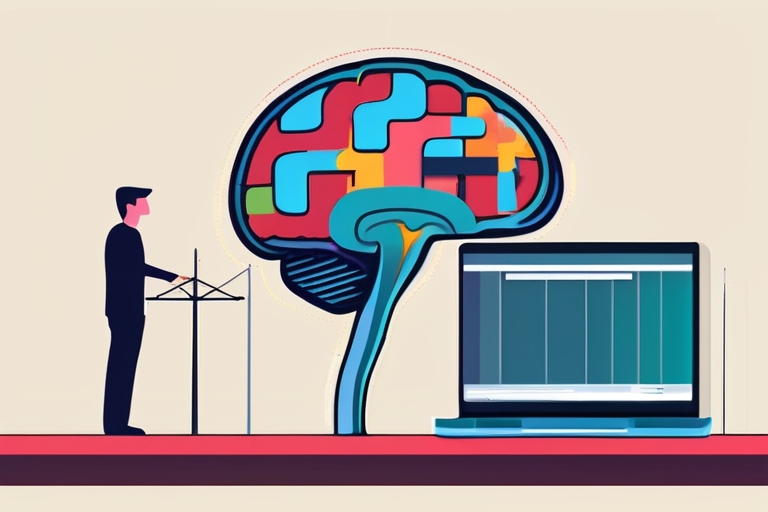
 Hoppi
Hoppi

 Hoppi
Hoppi
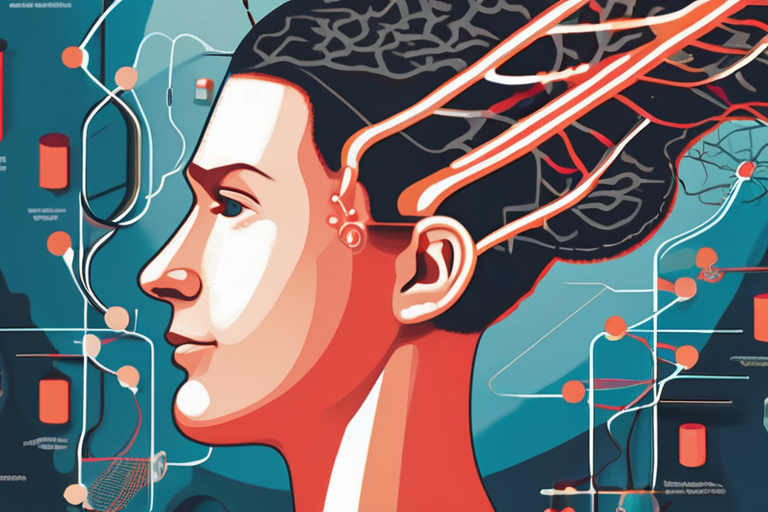
 Hoppi
Hoppi
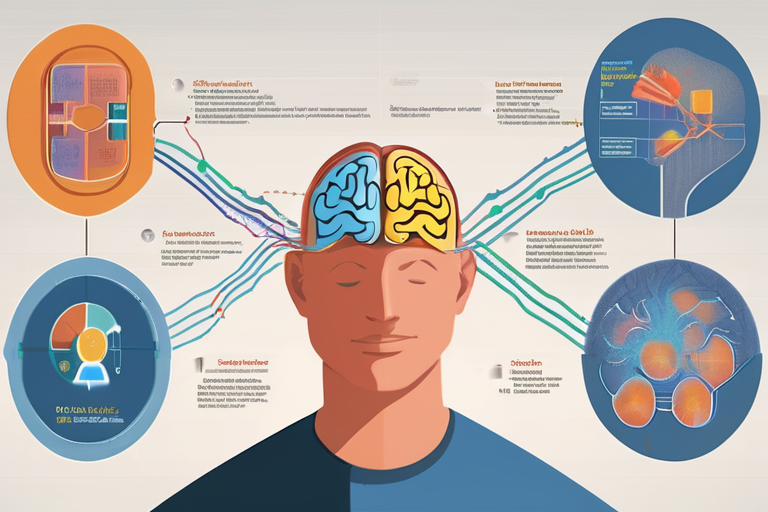
 Hoppi
Hoppi
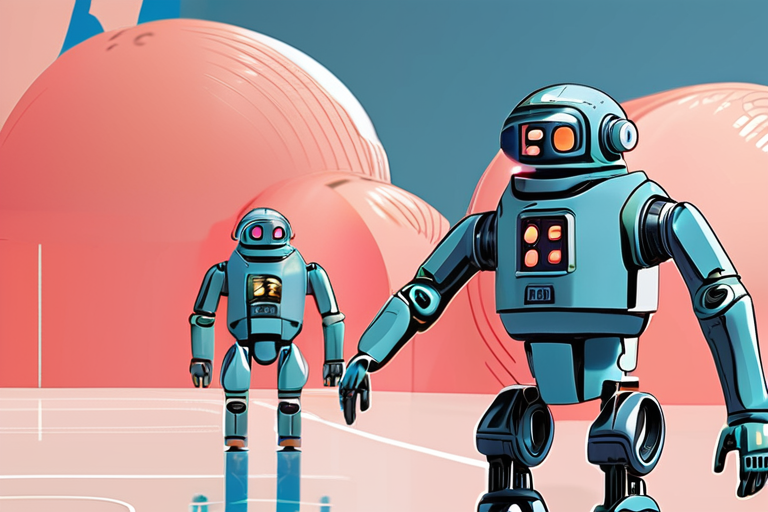
 Hoppi
Hoppi
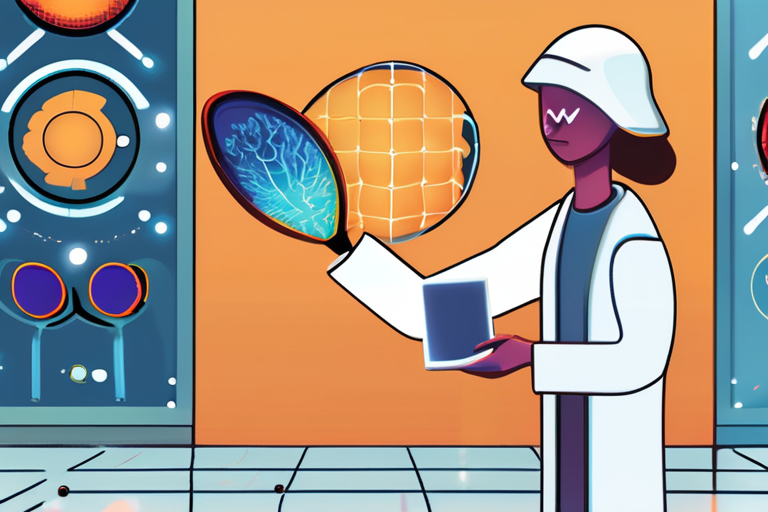
 Hoppi
Hoppi

Mapping the Brain's Structure Doesn't Fully Explain Its Function A team of researchers led by Sophie Dvali at Princeton University …

Hoppi

InnovationAIThis Team Is Rethinking AIs Core: Perforated AI Bets On DendritesByRon Schmelzer,Contributor.Forbes contributors publish independent expert analyses and insights. Ron …

Hoppi

Scientists Uncover Neurons Behind Illusions of Perception A groundbreaking study published in Nature Neuroscience has identified a specific population of …

Hoppi

Brain Mapping Breakthrough: Structure Doesn't Equal Function Researchers have made a groundbreaking discovery that challenges the long-held assumption that mapping …

Hoppi

Breakthrough or Hype? Can AI Video Models Accurately Model the Real World? In a recent paper titled "Video Models are …

Hoppi

Breakthrough in AI-Driven Cell Prediction Accelerates Drug Discovery A team of researchers has successfully developed an artificial intelligence (AI) tool …

Hoppi